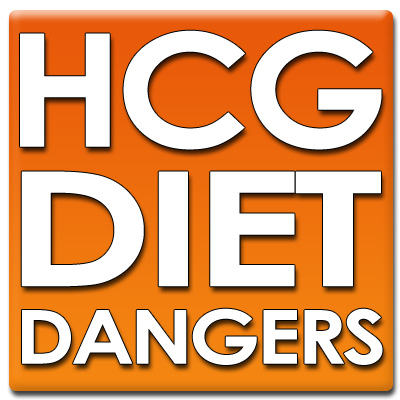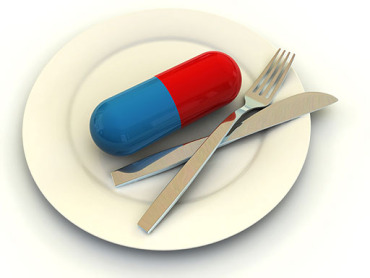Older men with high levels of testosterone may be at less risk for suffering cardiovascular diseases and stroke than those men with lower levels of this sex hormone. This is according to a recent study which was published in the Journal of the American College of Cardiology.
In the said study, it was shown that about 2,400 Swedish men aged 70 to 80 with the highest testosterone levels were less likely to suffer from heart attack or stroke in the succeeding years, as compared to those men with low levels of the hormone. However, the research group noted that the study does not prove that testosterone is the one solely liable for the decreased risk of heart disease and stroke. They also said that it may be too early to consider hormone replacement for the purpose of lowering the risks for heart disease and stroke.
“What we can say is that elderly men with high testosterone levels are relatively protected against cardiovascular events, and therefore lower testosterone is a marker for increased cardiovascular risk,” said lead researcher Asa Tivesten of the Sahlgrenska University in Goteborg, Sweden.
It is a well established fact that certain diseases and health conditions can lower the levels of the hormone testosterone, as obesity does. In the study, the researchers took into account several factors like the weight of the participants, blood pressure, any preexisting conditions like diabetes, heart diseases or stroke.
The participants were ranked according to their testosterone levels. 21 % of the 604 men at the bottom of the rank (lower quarter) had a heart attack, severe chest pain, or stroke over the next five years. This was compared to the upper quarter (606 men) who started out with higher levels of testosterone who showed 16% rate of suffering from said diseases and symptoms.
When the health factors were accounted for, the men with the highest levels of testosterone was still able to show 30% lower risk of suffering from heart diseases or stroke, as compared to the other three quarters of the participants. However, some medical experts also expressed that the study mustn’t rule out the possibility that factors, other than testosterone, may have brought about this lower risk. This was according to JoAnn Manson, Chief of Preventive Medicine of Brigham and Women’s Hospital in Boston. She also added that “Low testosterone may be a marker of other health conditions that put men at higher risk of cardiovascular disease.”
One of the reasons considered for such effect is that high levels of testosterone equates to less body fats and more lean muscle. Manson further added that “There are many unanswered questions, and I don’t think this means that men should be trying to boost their testosterone with testosterone replacement therapy.”
Prior to 2002, many women used Hormone Replacement Therapy (HRT) with the hopes of warding off diseases like heart diseases and osteoporosis but then it was later found out that these pills containing estrogen and progesterone places women at higher risk for blood clots, heart attack, stroke and breast cancer.









